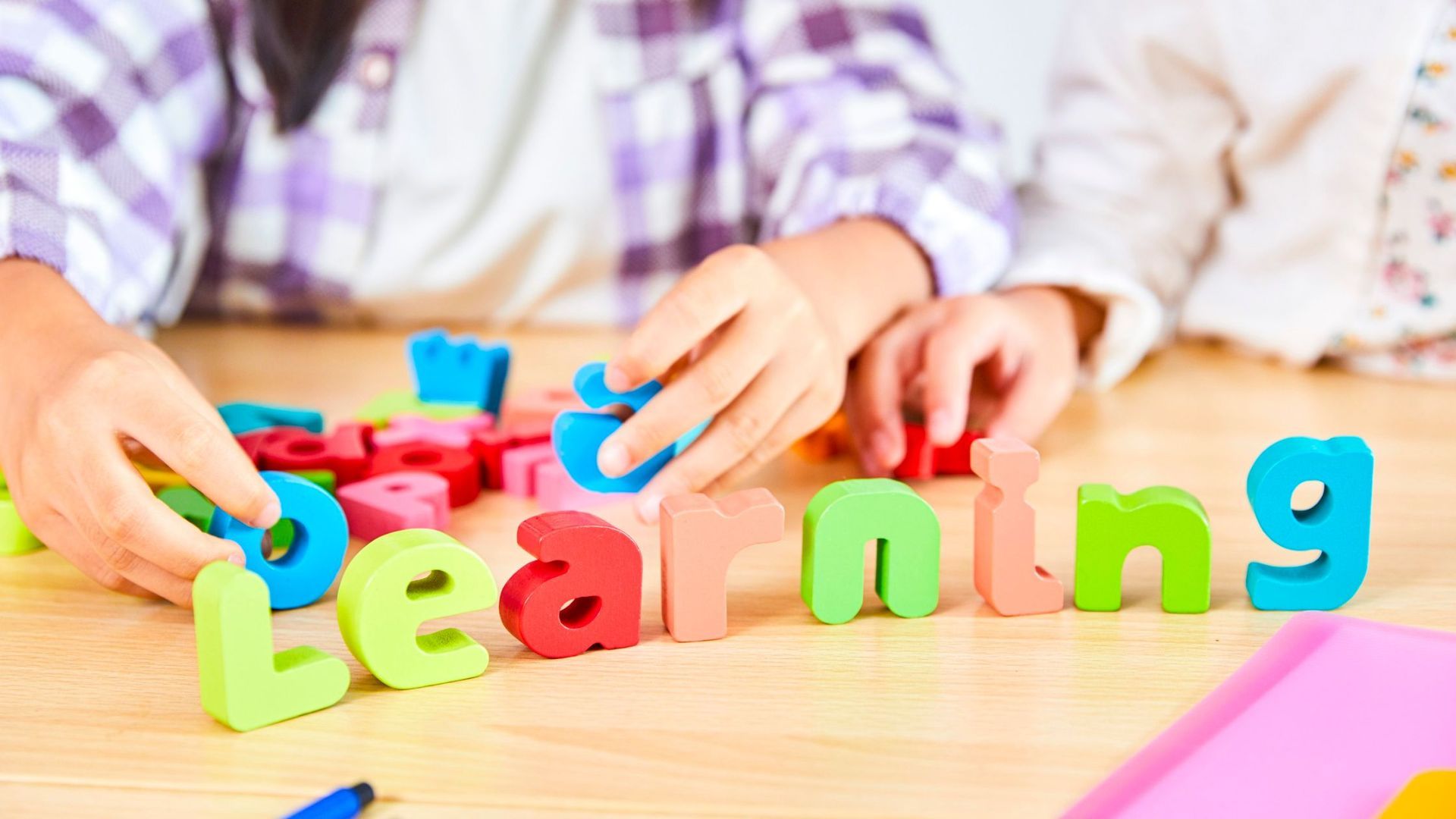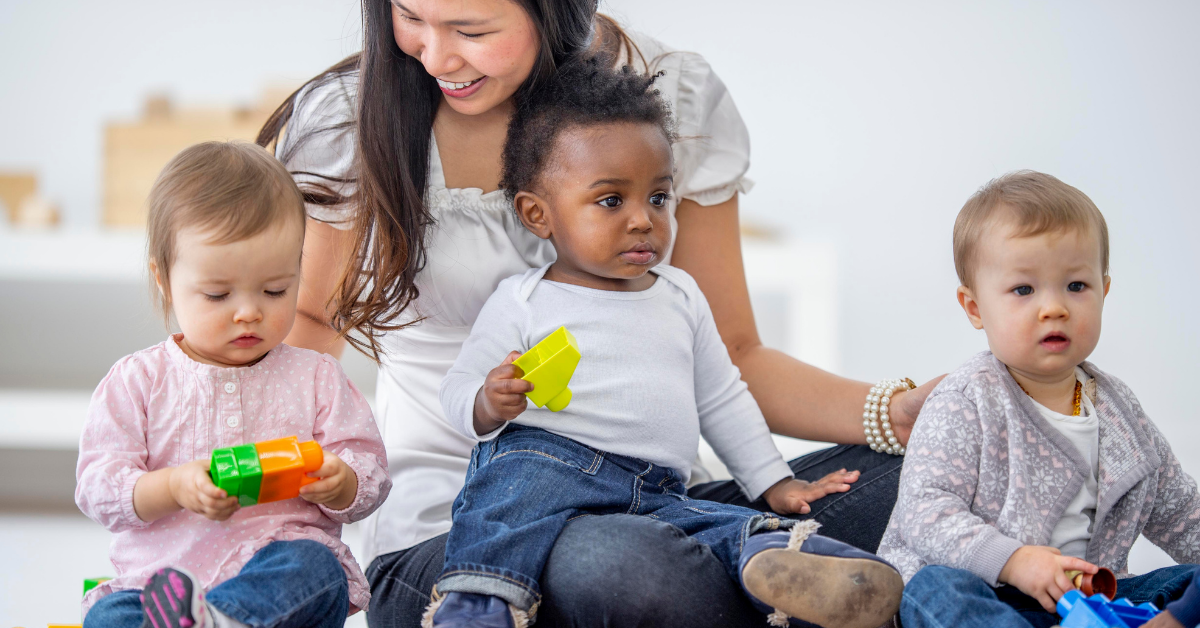Outdoor Play: Why It’s Crucial for Your Child’s Development

In today’s digital age, children spend more time indoors than ever before. However, outdoor play is essential for a child’s overall development, providing benefits that go far beyond simple fun. From improving physical health to fostering social skills and creativity, playing outside helps children grow in ways that screens and structured activities cannot replicate. Let’s explore the importance of outdoor play and discover fun ways to encourage kids to spend more time outside.
The Benefits of Outdoor Play
1. Enhances Physical Health
Outdoor play promotes an active lifestyle, which is crucial for a child’s physical well-being.
- Running, jumping, and climbing help develop motor skills and coordination.
- Outdoor activities encourage stronger bones and muscles , reducing the risk of childhood obesity.
- Exposure to sunlight provides essential vitamin D , which supports immune function and bone health.
2. Boosts Mental and Emotional Well-Being
Spending time in nature can have a calming effect on children, reducing stress and anxiety.
- Outdoor play has been linked to improved mood and reduced symptoms of ADHD .
- Being outside helps children develop resilience , as they face and overcome challenges such as climbing a tree or navigating a new playground.
- Unstructured play promotes self-confidence , allowing kids to take risks and explore new environments.
3. Encourages Social Interaction and Teamwork
Outdoor play provides opportunities for children to interact, make friends, and learn important social skills.
- Playing games like tag or soccer teaches teamwork and cooperation .
- Unstructured outdoor settings encourage communication and problem-solving among peers.
- Children learn to navigate social conflicts , such as taking turns and resolving disagreements.
4. Sparks Creativity and Imagination
Nature is a playground of endless possibilities, fostering creativity and imaginative thinking.
- Playing with sticks, rocks, and leaves encourages inventive storytelling and exploration .
- Outdoor games allow children to create their own rules, enhancing problem-solving abilities .
- Exposure to different textures, sights, and sounds stimulates sensory development .
5. Improves Cognitive Skills
Outdoor environments provide rich learning experiences that enhance cognitive development.
- Activities like climbing and balancing improve spatial awareness and coordination .
- Engaging with nature fosters scientific curiosity , such as observing insects or identifying plants.
- Playing outside enhances attention span , as children focus on tasks like building forts or exploring trails.
Fun Ways to Encourage Outdoor Play
1. Create an Outdoor Adventure
Make outdoor play exciting by turning it into an adventure.
- Set up a scavenger hunt , where children find specific items in nature.
- Go on a nature walk and collect leaves, rocks, or flowers for a craft project.
- Build an outdoor obstacle course using household items like cones, ropes, or logs.
2. Plan Family Outdoor Activities
Spending time outdoors as a family sets a positive example and strengthens bonds.
- Plan a family picnic in the park or backyard.
- Go for a bike ride or a simple walk after dinner .
- Visit local hiking trails or explore a nearby beach or lake .
3. Set Up an Outdoor Play Area
Having an inviting outdoor space at home encourages children to play outside more often.
- Install a swing set, sandbox, or mini-garden .
- Create a DIY mud kitchen for sensory play.
- Provide outdoor-friendly toys like balls, jump ropes, or sidewalk chalk .
4. Encourage Free Play
Children don’t always need structured activities—free play allows them to explore and be creative.
- Let kids build forts out of sticks or blankets .
- Allow them to play with water, dirt, and sand to stimulate sensory learning.
- Encourage pretend play , like acting out a pirate adventure or playing house in the yard.
5. Join Community Outdoor Events
Check for local outdoor activities that encourage kids to play outside.
- Enroll them in sports teams, nature clubs, or outdoor camps .
- Visit playgrounds, splash pads, or botanical gardens .
- Participate in community clean-up days to teach environmental responsibility.
Making Outdoor Play a Daily Habit
Encouraging outdoor play doesn’t have to be a challenge. Here are some simple ways to make it a part of your child’s daily routine:
- Set a goal for at least one hour of outdoor play each day .
- Reduce screen time by establishing “no screen” hours during certain times of the day.
- Dress appropriately for the weather, so kids can play outside year-round.
- Make outdoor play fun and engaging , rather than a forced activity.
Outdoor play is essential for children's development, just like structured learning environments. Parents seeking a balance between fun and education may also explore daycare summer camps , which provide enriching outdoor activities. Additionally, finding the right setting for a child's early education is crucial—learn more about choosing the right childcare center.
Conclusion
Outdoor play is more than just a way for kids to burn off energy—it’s a crucial part of their development. From improving physical health to fostering creativity and social skills, spending time outside has countless benefits. By encouraging outdoor adventures, limiting screen time, and making nature an exciting part of daily life, parents can help their children thrive. So, grab a pair of sneakers, step outside, and let the outdoor adventures begin!










